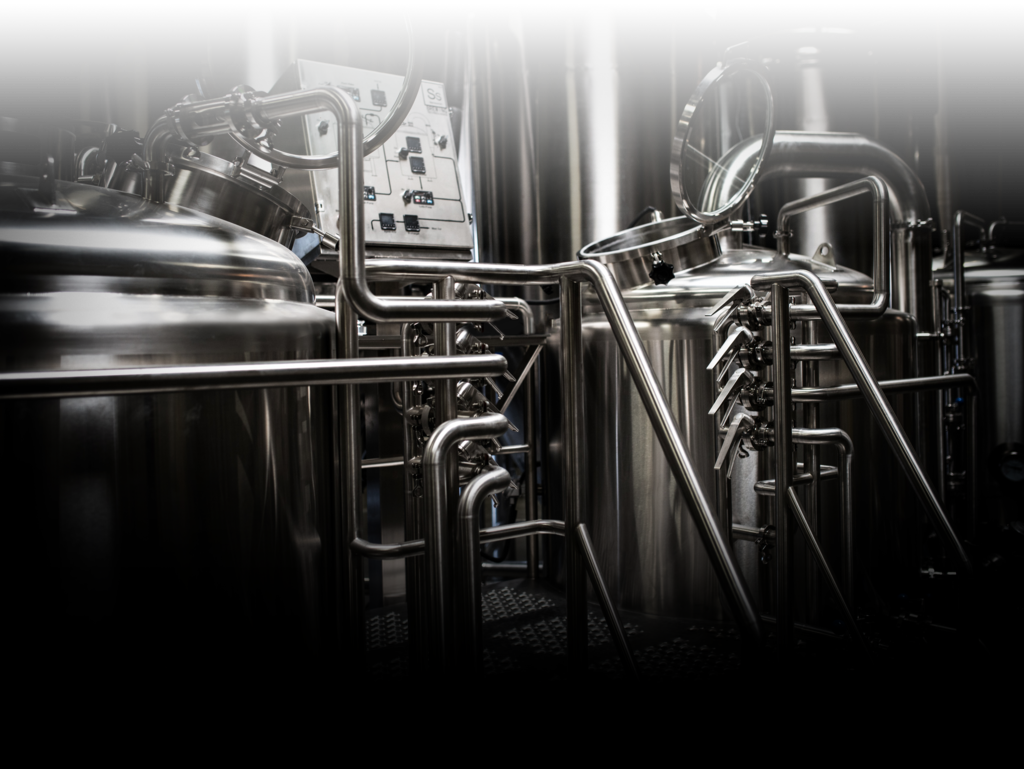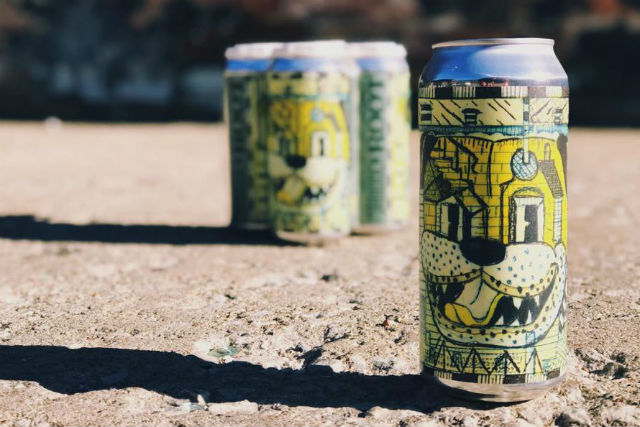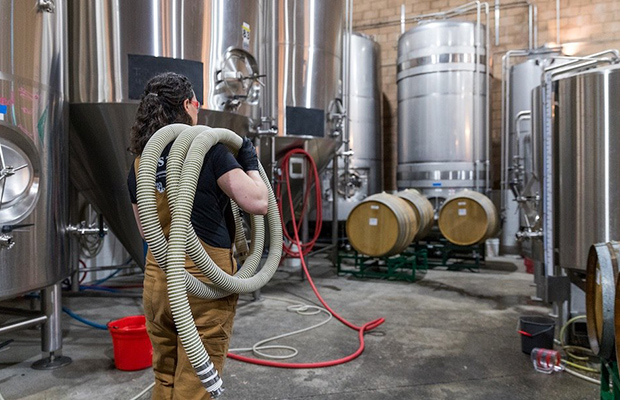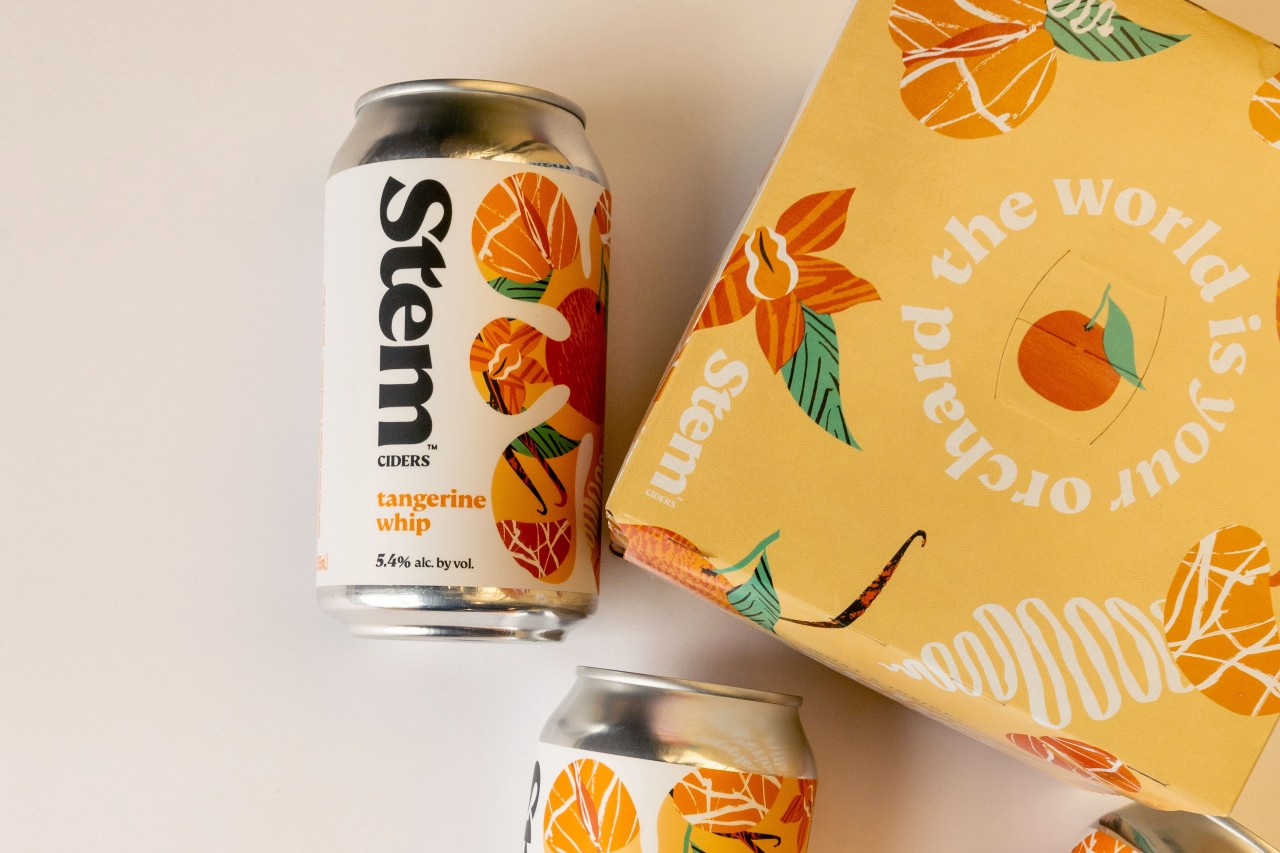
Sustainability is not a one-size-fits-all solution, and there is no single way to become more sustainable at your brewery, explained Dr. Mark Falinski, Ph.D.
“While many associate ‘sustainability’ with climate change, others worry about the potential for waste production, negative impacts on plants and animals, or some other impact on the environment or human health,” he said. Falinski is a sustainability scientist at Finch, where he helps consumers use science to make more informed and sustainable choices.
At Finch, Falinski said they tend to break down “sustainability” into six categories:
- Climate Change Impacts
- Water Use Impacts
- Ecological (animals and plants) Impact
- Human Health and Well-Being Impacts
- Raw Material Impacts
- Waste Impacts
Being a “sustainable” facility requires limiting all of these impacts as much as possible, Falinski said, but there are inevitably going to be tradeoffs where decreasing one impact may lead to an increase in another.
“For that reason, my biggest advice … is to first define what aspects of ‘sustainability’ are most important to them and their business, and pursue that set of impacts above all else,” he said.
READ MORE: This Scientist Breaks Down Why This Type of Packaging is Best for the Environment
So is brewing “more sustainable” than producing other types of alcohol? It’s not clearly defined, Falinski said.
“There aren’t any studies that assess alcoholic versus non-alcoholic beverages on their carbon footprint, water footprint, ecological impact, or waste impacts,” he said. “For all beverages, though, the largest impact usually comes from packaging (bottles, cans, and such).
“Limiting the impact of packaging for alcoholic and non-alcoholic beverages is most meaningful in lowering your carbon footprint, as well as other environmental impacts.”
It is worth noting that on a per “standard” drink basis, studies show that hard liquor tends to be the most sustainable option (based on carbon footprint, eutrophication, and water footprints).
“When comparing beers or wines, things can be quite interesting,” Falinski said. “In the world of beers, studies have shown that the production of Lagers is actually significantly more damaging to the environment than producing Ales.”
While Ales have a higher impact during the boiling and hopping stage than Lagers, the impacts on the environment for Lagers during fermentation are much larger.
“These impacts include everything from global warming potential, to ecological impacts, to impacts on workers (even if those impacts are incredibly small),” he said.
One of the biggest myths Falinski said he is looking to challenge with Finch is that sustainability is more expensive.
“Realistically, sustainability is more expensive right away, but the cheaper option in the long term,” he told Brewer. “Put another way, I like to always think this: Sustainability is more expensive until it’s not.”




Be the first to comment